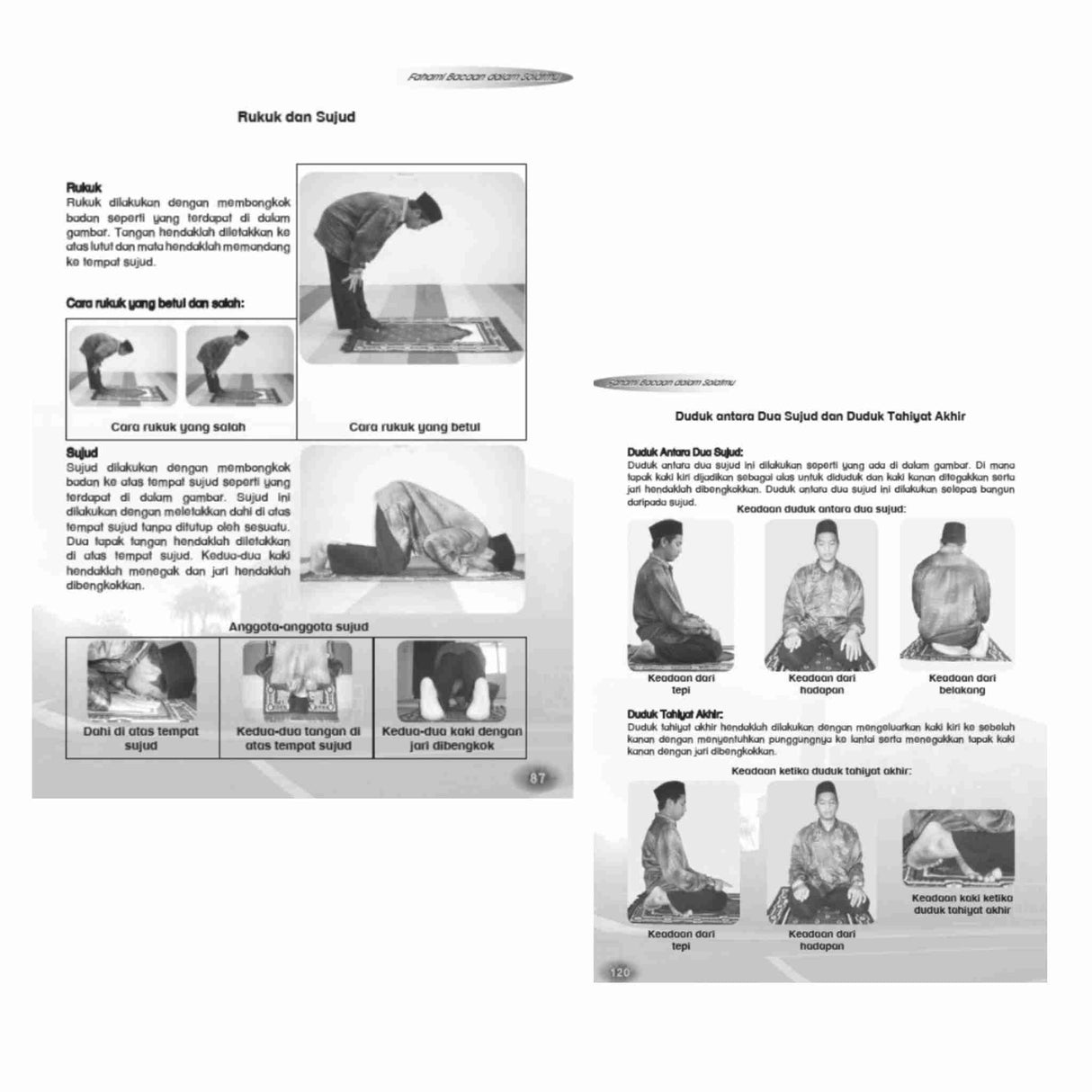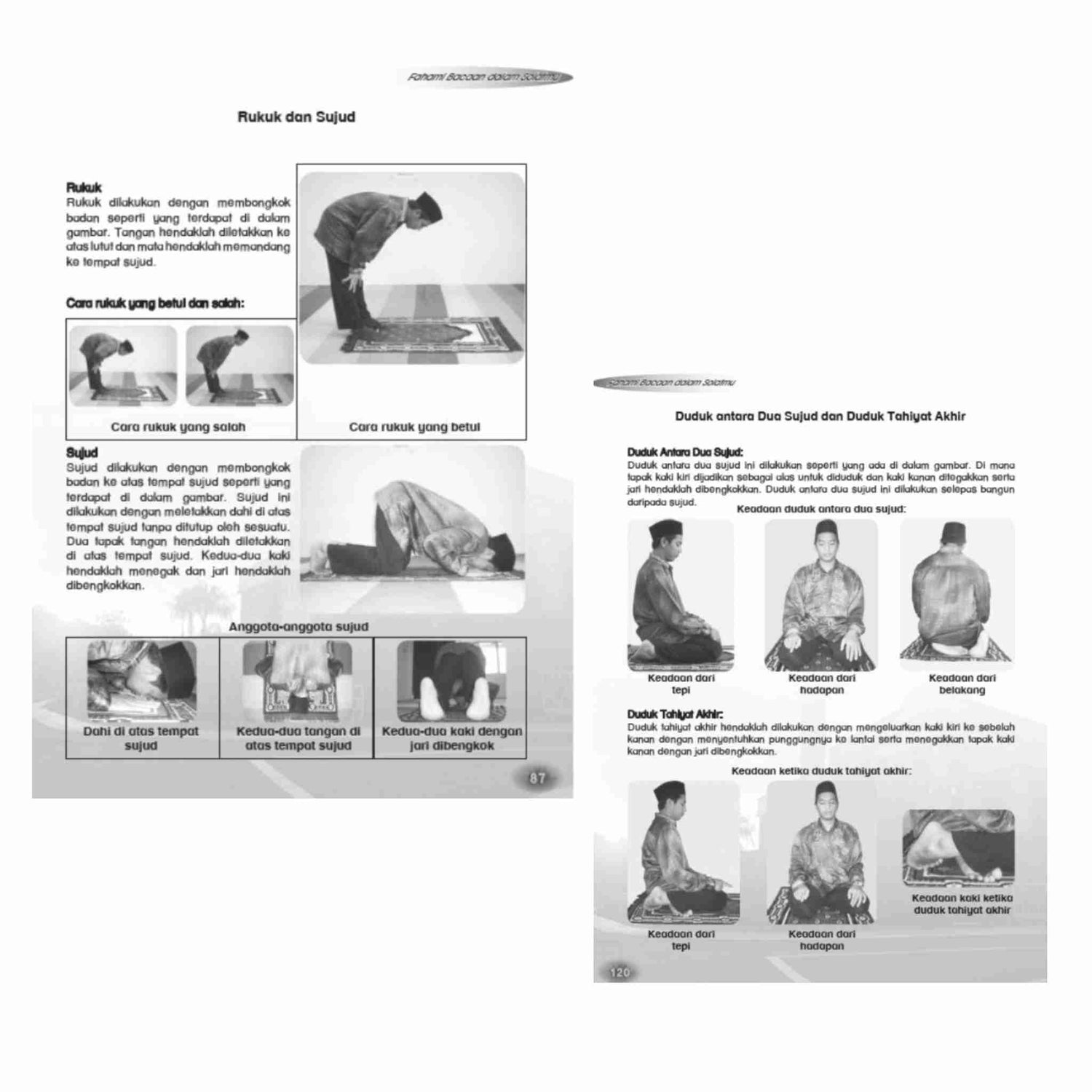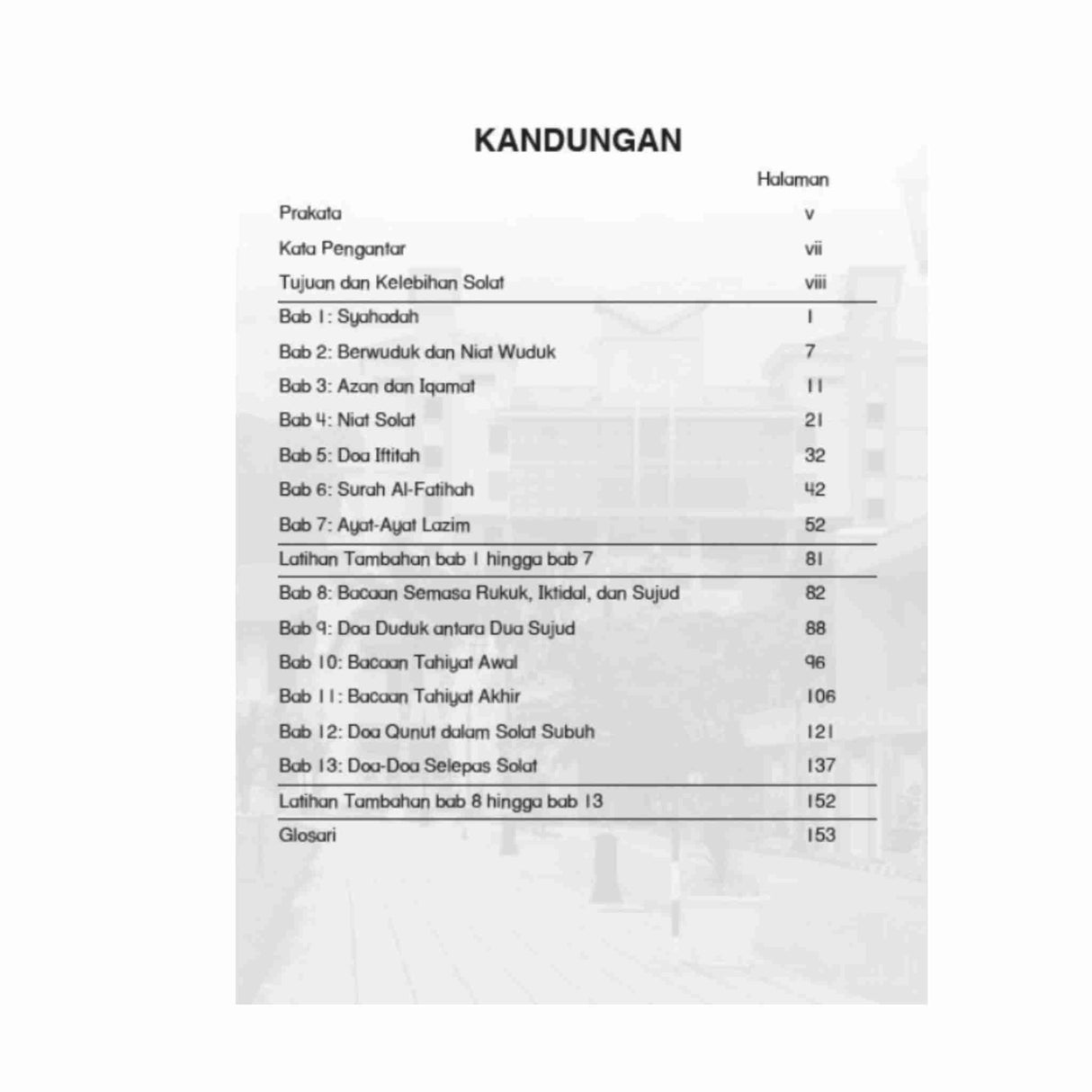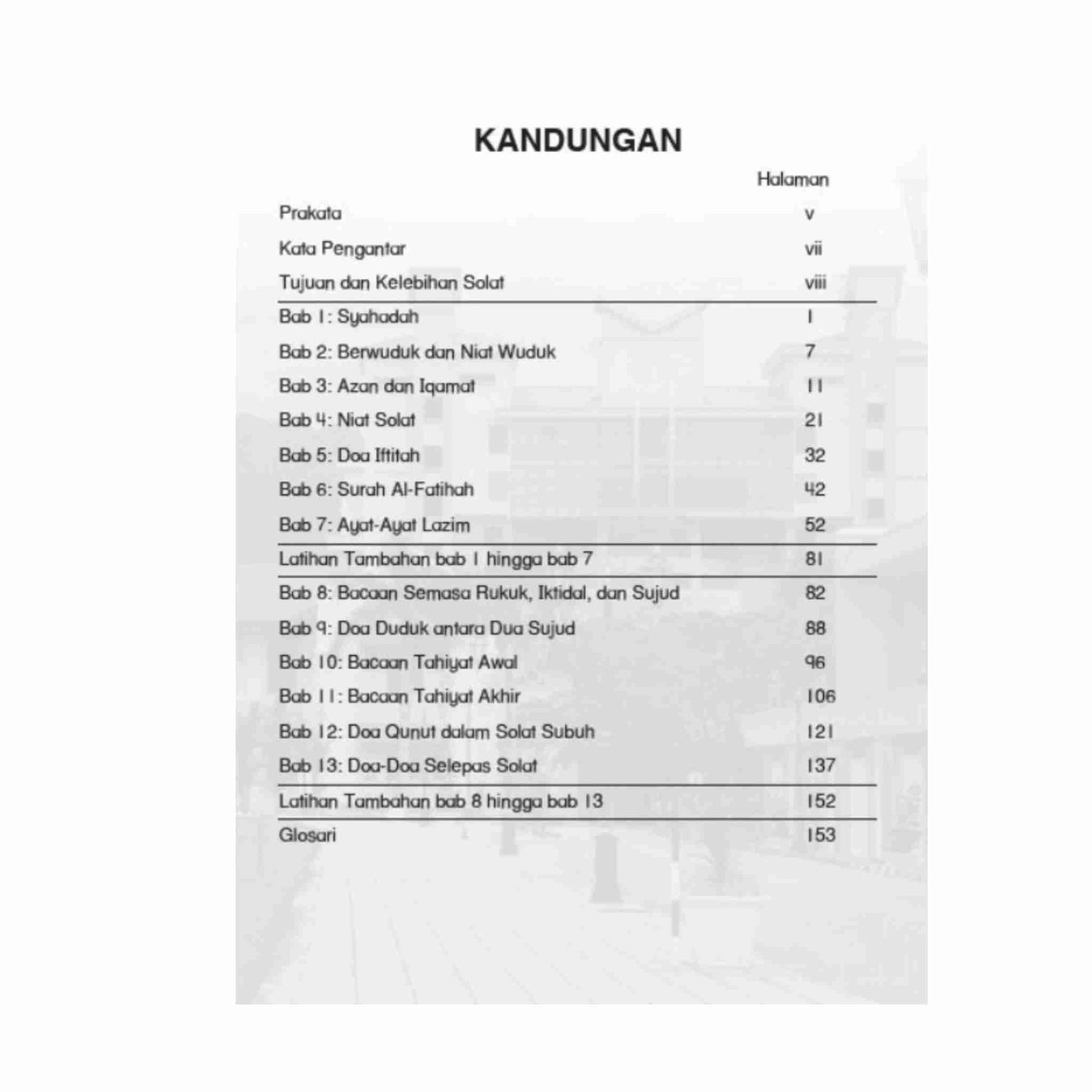Abraham: Original Messenger of Islam
Key Takeaways:
-
Abraham as the Original Submitter: The Quran identifies Abraham as the first to embrace the concept of "Submission" (Islam) to God, making him the original messenger of this faith.
-
Continuity of Message: The verses emphasize that the message and practices of Islam have remained consistent from the time of Abraham to the present day, calling believers to uphold these traditions.
-
Key Practices: Salah and Zakat: The Quran highlights the significance of Salah (prayer) and Zakat (charity) as fundamental acts of worship for all those who submit to God.
The verses Surah Al Hajj (22:78), Surah Al Muminun (23:2) and 23:9) highlight the continuity of the message from Abraham to the present believers. Abraham is recognized as the original messenger of Islam, and the term "Submitters" is mentioned as having originated with him. The believers are reminded to strive for the cause of God and practice their religion with no hardship, following the path of Abraham.
Additionally, the verses emphasize the importance of observing the Prayers (Salah) and giving the obligatory charity (Zakat), indicating the integral role of these practices in the life of a submitter. The believers are encouraged to be reverent during their Prayers and to observe them regularly, underlining the significance of consistent and sincere worship.
-
Surah Al-Hajj (22:78): Explains the concept of "Submission" (Islam) as originating with Abraham and the call for believers to strive in the cause of God.
-
Surah Al-Muminun (23:2, 23:9): Discusses how these verses underscore the importance of observing Salah with reverence and giving Zakat as acts of devotion and obedience.
The Legacy of Abraham
-
A Model for Believers: Highlights how Prophet Abraham's unwavering faith, dedication to prayer, and commitment to charity serve as an inspiration for Muslims today.
- Unity of Message: Discusses how the teachings and practices of Islam, as exemplified by Abraham, transcend time and culture, fostering a sense of unity among believers across generations.
Enhance your understanding of the prayers and enrich your Salah experience with the insightful guide Fahami Bacaan Dalam Solatmu.
Embark on a journey through our collection of 33 articles, each dedicated to uncovering the wisdom and guidance from the Quran regarding Salah.
Discover the multifaceted nature and profound impact of Zakat, a cornerstone of Islamic practice, through our numerous articles that shed light on its different dimensions.
Frequently Asked Questions:
Q: Why is Abraham considered the original messenger of Islam?
A: Abraham was the first to submit fully to the will of God, embracing the concept of Tawheed (the Oneness of God) that lies at the heart of Islam.
Q: What does the term "Submitters" refer to in the Quran?
A: It refers to those who follow the path of Islam, submitting their will to Allah's commands and living in accordance with His guidance.
Q: How can I follow the example of Prophet Abraham (AS) in my life?
A: You can emulate Abraham's unwavering faith, dedication to prayer, and commitment to charity, striving to live a life of righteousness and obedience to Allah (SWT).
Q: Are there any specific prayers or supplications related to Prophet Abraham?
A: Yes, Muslims can recite prayers seeking blessings for Prophet Abraham and his family, such as the Ibrahimiyyah prayer recited during Hajj.
Q: What are some resources to help me learn more about the life and teachings of Prophet Abraham?
A: You can find numerous books, articles, and online resources that delve into the life and legacy of Prophet Abraham, his unwavering faith, and his role in shaping monotheistic traditions.


















